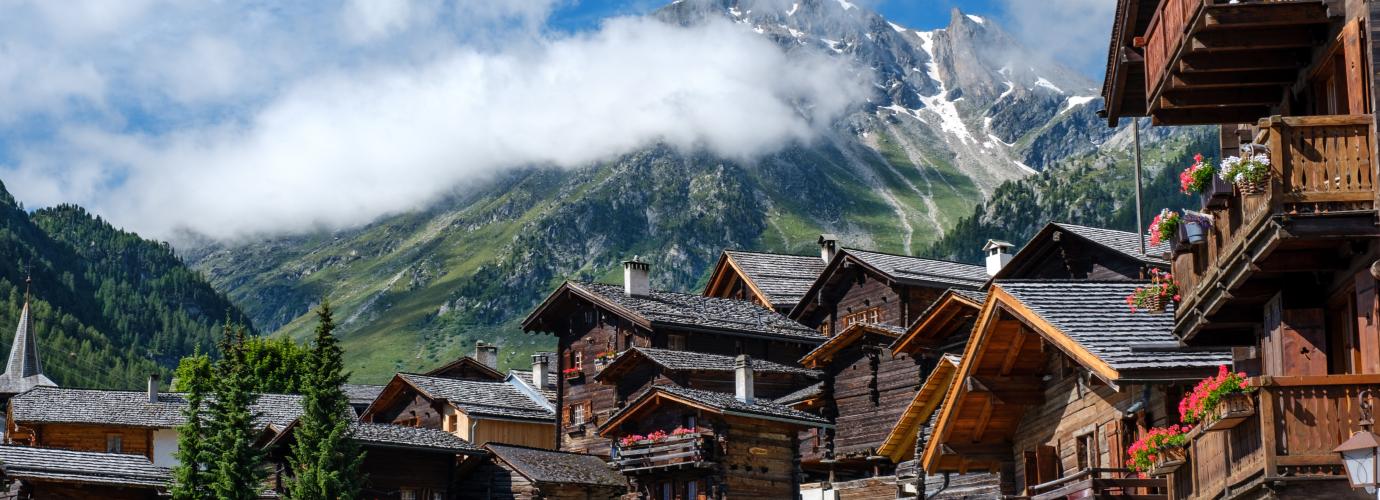Primary level – including two years of pre-school or the first two years of a first learning cycle – lasts eight years. The exception is the canton of Ticino, which has a seven-year primary level for which there is a special provision under the Intercantonal Agreement on Harmonisation of Compulsory Education (HarmoS Agreement).
Primary pupils develop and hone their intellectual, creative, physical and artistic abilities. They develop basic skills and cultural identity, and a sense of responsibility towards themselves, the environment, their fellow human beings and society, and are thus prepared for learning in lower secondary level and for lifelong learning.
In the primary level pupils who are at different development stages, with different capabilities, social and linguistic backgrounds and different behaviours, attend the same classes. This heterogeneity of capabilities and talents and of cultural origin confronts schools with significant challenges. Schools ensure a common learning experience through appropriate measures.
The overriding majority of pupils attend state-run primary schools. Around 4% of pupils complete the primary level at a private, non-subsidised or only partly subsidised school (FSO 2019).
The cantons are responsible for compulsory education as a whole. Together with their schools the communes organise the running of the schools. Attendance of state-run compulsory education is free for all children.
The legal bases governing compulsory education are:
- the articles on education in the Federal Constitution (Articles 19, 62).
- the Intercantonal Agreement on Education Coordination (Coordination Agreement)
- the Intercantonal Agreement on Harmonisation of Compulsory Education (HarmoS Agreement)
- cantonal school and education acts.

